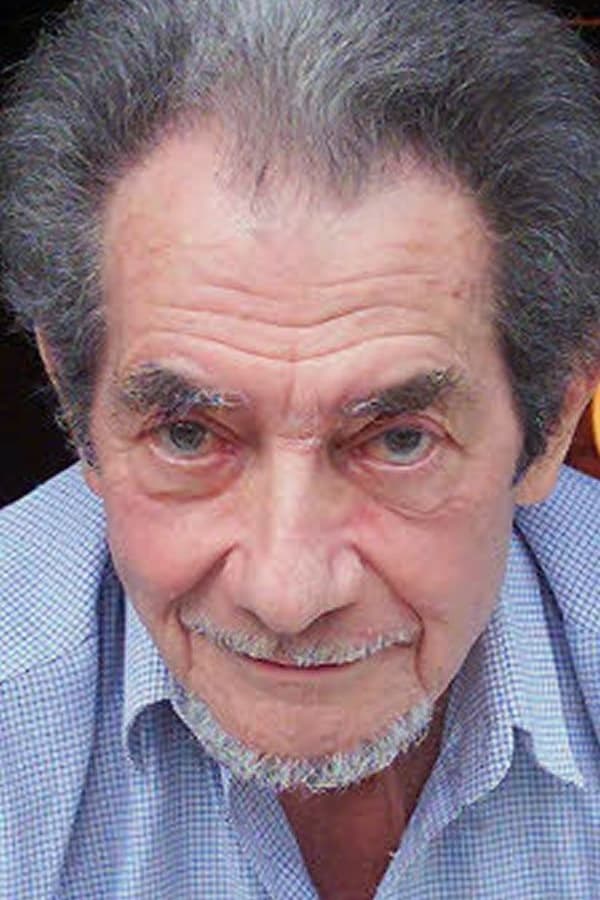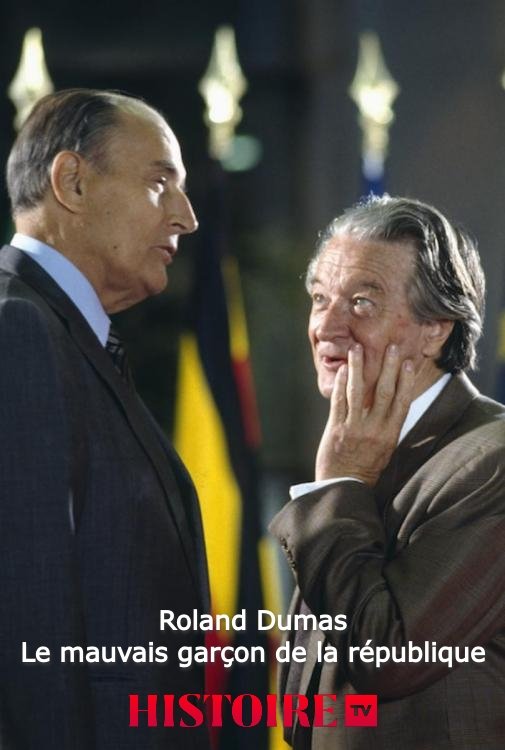

Francis Jeanson (7 July 1922 – 1 August 2009) was a French political activist known for his commitment to the FLN during the Algerian war. Although his father's name was Henri, Francis Jeanson was not related to the Henri Jeanson who was a journalist at Le Canard enchaîné, Le Crapouillot, and a screenwriter. During the Second World War, he escaped through Spain to flee the Service du travail obligatoire and joined the Armée française de la Libération in 1943. A reporter for the Alger républicain in 1945, he met Albert Camus and Jean-Paul Sartre and the latter entrusted to him the management of the magazine Les Temps modernes from 1951 to 1956. He wrote the critique of The Rebel, which eventually led to ending for good the relationship between Sartre and Camus. He became acquainted with Emmanuel Mounier, who in 1948 opened for him the doors of the magazine Esprit, where there was a certain 'philocommunism' and who facilitated his entry into the intellectual seraglio of the post-war period. Mounier also invited him to the reading committee of the Éditions du Seuil and recommended him to its literary director, Paul Flamand. At the death of Mounier in March 1950, Jeanson took over the direction of the series "Écrivains de Toujours". Beginning in 1957, at the height of the Algerian war, he put his anti-colonial ideals into practice by creating the Jeanson network to transport funds to the National Liberation Front of Algeria. This clandestine network of militants was disbanded in 1960. Fleeing abroad, Francis Jeanson was tried in absentia, convicted of high treason, and sentenced in October 1960 to ten years' imprisonment. He returned to Paris on the occasion of his amnesty in 1966, then worked with the Théâtre de Bourgogne (directed by Jacques Fornier) and was in charge of prefiguring the cultural policy of the Maison de la culture in Chalon-sur-Saône (1967–1971). He proposed and elaborated through this experience the notion of "non-public", which will be resumed in May 1968 in the Declaration of Villeurbanne, of which he was the main editor. Solicited by psychiatrists, he then led interventions for an open psychiatry, a psychiatrie du sujet, ("psychiatry of the subject") and created in particular the SOFOR (Sud Ouest Formation Recherche), which developed training activities for caregivers. In 1992, he became president of the Sarajevo Association, in support of the Bosnian people, and was a candidate on the list Europe Begins at Sarajevo of professor Léon Schwartzenberg for the 1994 European Parliament election. Source: Article "Francis Jeanson" from Wikipedia in English, licensed under CC-BY-SA 3.0.
